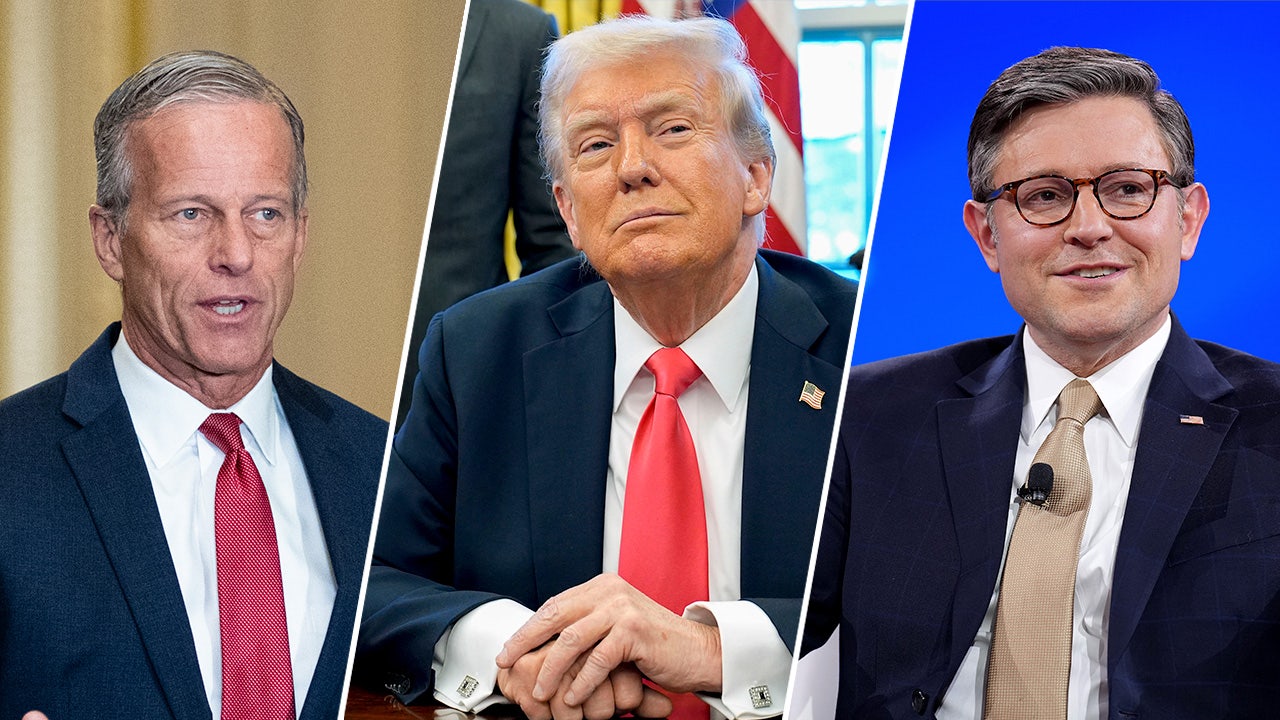FLASHBACK: Trump, Thune and Johnson all promised to slash deficit, debt

Elon Musk’s recent clash with President Donald Trump over the proposed budget bill has now extended to top Republicans in Congress. The tech billionaire has criticized the bill as a “disgusting abomination” filled with wasteful spending, and questioned whether GOP leaders like Senate Majority Leader John Thune and House Speaker Mike Johnson have truly committed to cutting government spending.
Musk, who previously served as the head of Trump’s Department of Government Efficiency (DOGE), has been vocal about the need for deep cuts in federal spending. While the House GOP’s bill aimed for $1.5 trillion in spending reductions, Musk had set a higher goal of $2 trillion during his time in government, but only managed to identify $160 billion in savings.
Despite Musk’s criticisms, Trump, Thune, and Johnson have all made public commitments to reducing government spending. During his 2024 presidential campaign, Trump promised to stop wasteful spending and prioritize the American taxpayer. Thune has echoed the need for significant spending cuts, emphasizing that the GOP’s budget plan achieves the goals they set out to accomplish.
Similarly, Johnson has emphasized the importance of identifying waste, fraud, and abuse in government spending. He described the budget bill as the beginning of a process to restore fiscal sanity and common sense in government.
The feud between Musk and GOP leaders highlights the ongoing debate over government spending and fiscal responsibility. While Musk has raised valid concerns about wasteful spending in the proposed bill, Trump, Thune, and Johnson have reaffirmed their commitment to cutting government waste and reducing the national debt.
As the debate continues, it remains to be seen how the budget bill will be modified in the Senate and whether Musk’s criticisms will lead to significant changes in the final legislation. The clash between the tech billionaire and GOP leaders underscores the challenges of balancing competing priorities in government spending and the importance of fiscal responsibility in shaping the nation’s economic future.




